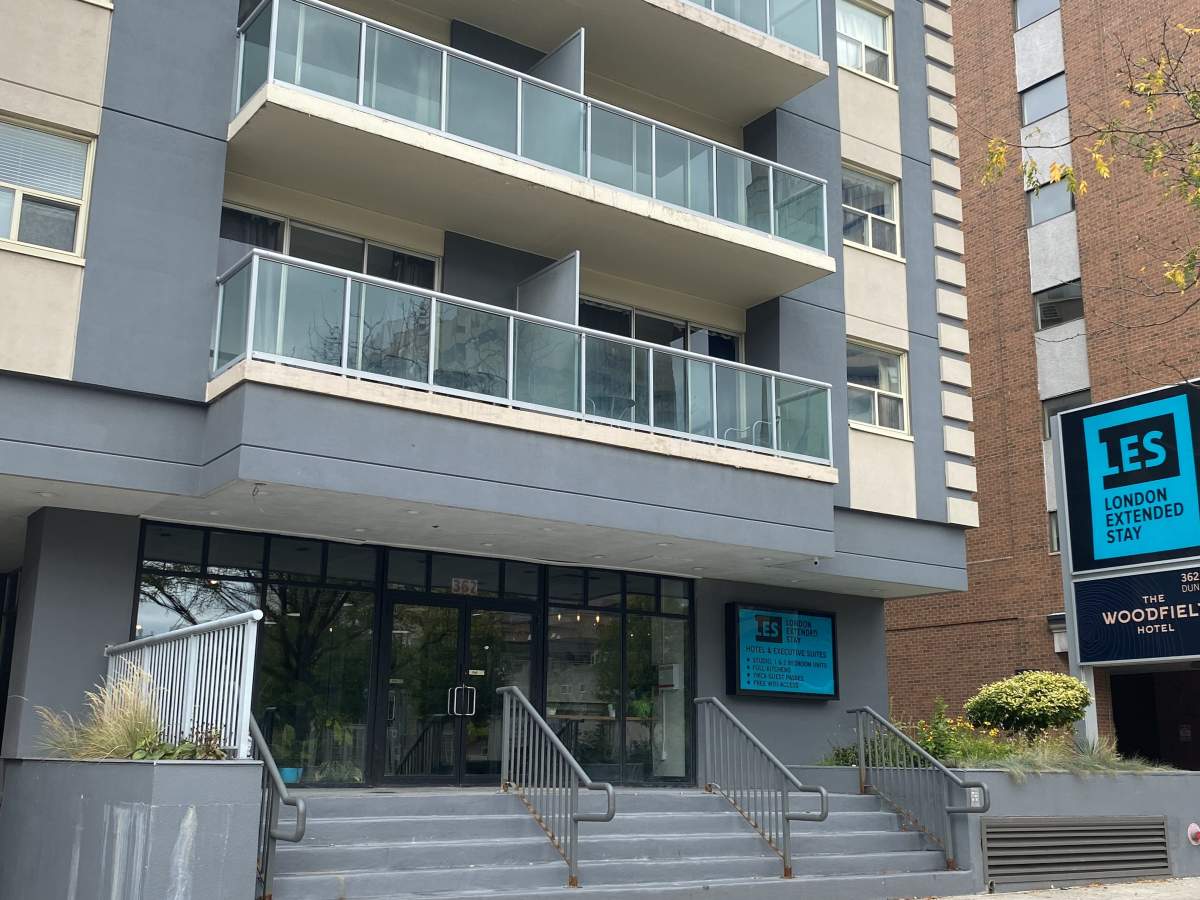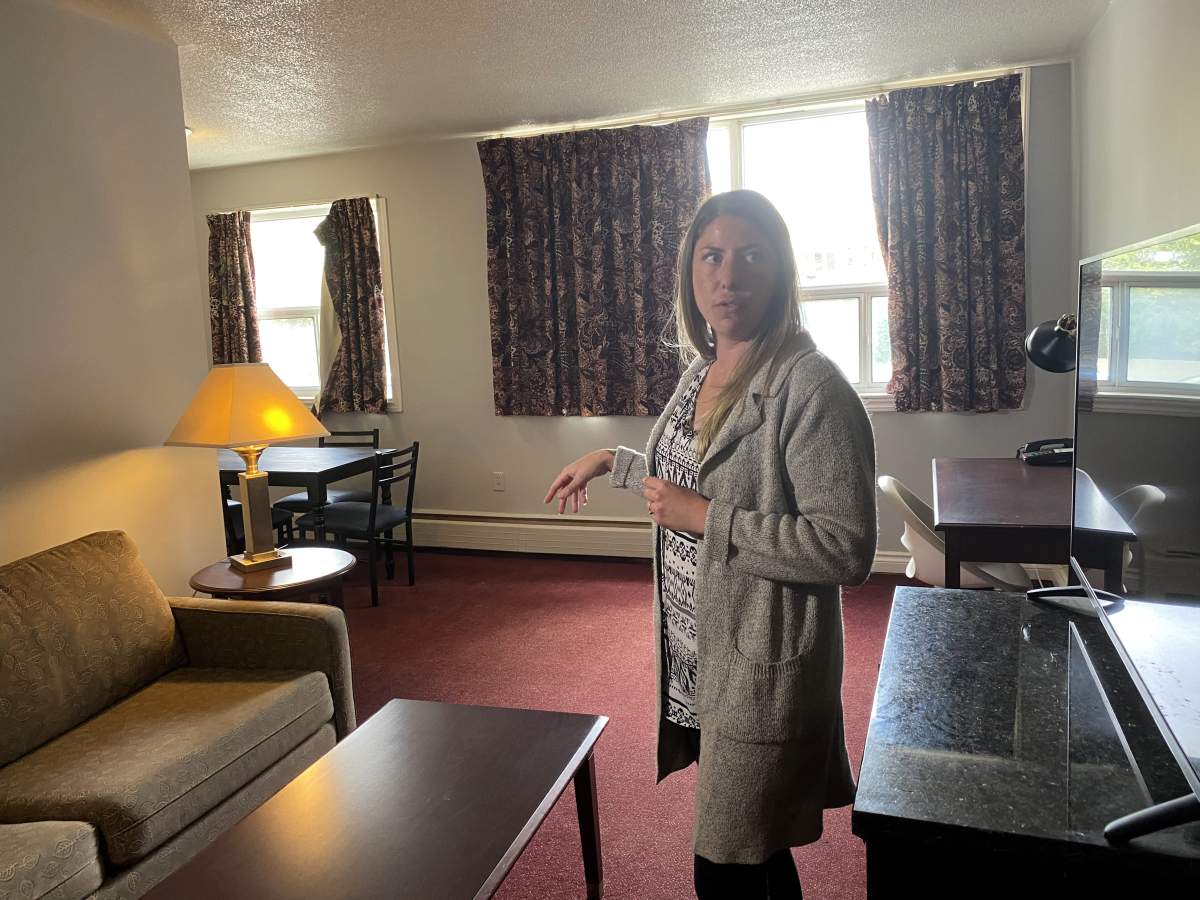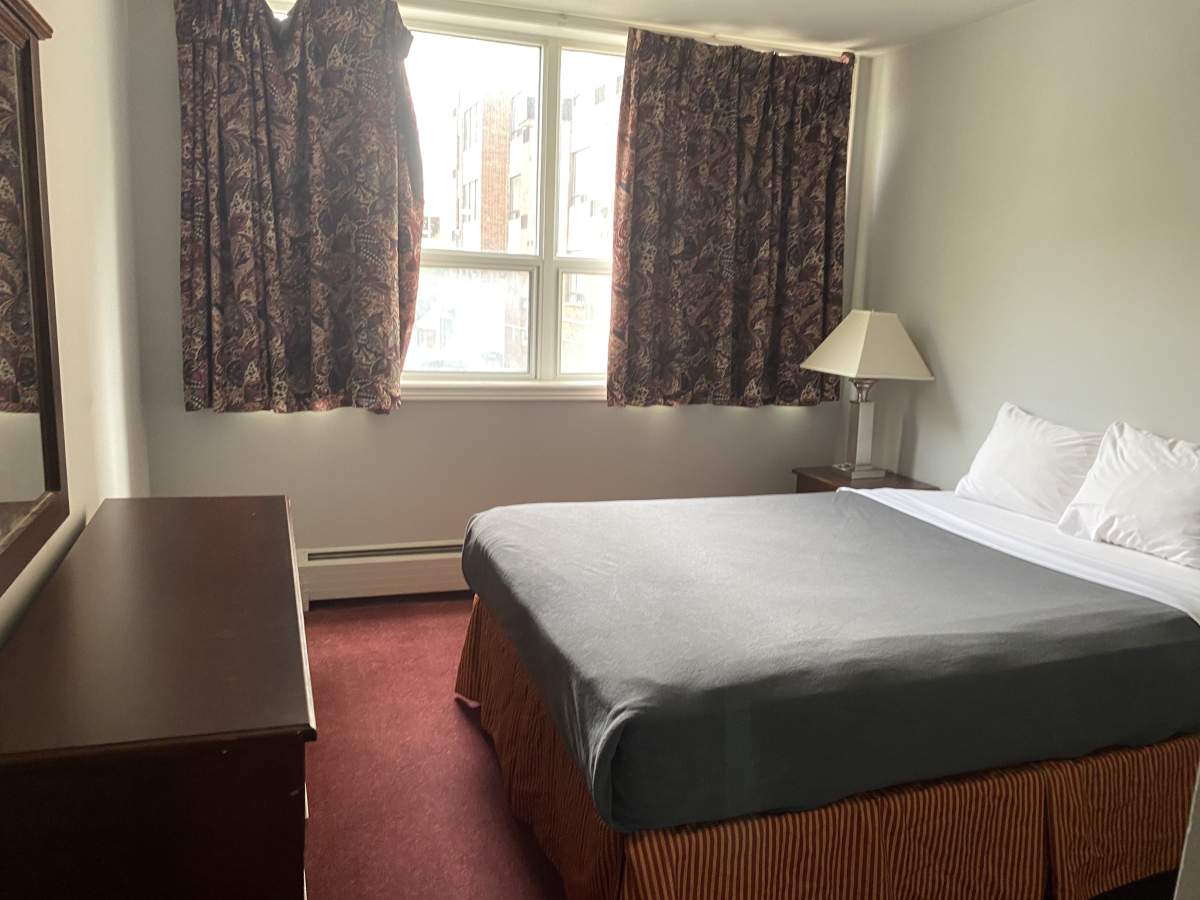Starting this month, London Health Sciences Centre (LHSC) and London Cares Homeless Response Service (London Cares) will open 25 supportive housing units at 362 Dundas St.

The units, part of London’s Health and Homelessness Whole of Community System Response plan, will offer comprehensive 24/7 health and social support to residents.
“At LHSC, we know that housing is health care, and we are committed to working with our system partners to redesign care and better address the needs of all Londoners, especially those community members who are marginalized and have difficulty accessing stable health and housing resources,” said Sandra Smith, capacity management executive for LHSC in a statement.
“Implementing these supportive housing units in partnership with London Cares will help ensure more people have a roof over their head while they continue to heal and rebuild their lives.”
The units will focus on assisting those with complex health needs, including patients discharged from hospitals who are at risk of readmission due to chronic homelessness.
“We’re really focused on homeless mental health or homeless medically-complex and high health system users’ or acute health system users for this first 25 group. We have a number of folks that are identified as high hospital system users from being homeless for a high number of years.”
The units will come fully furnished, in either a studio, one bedroom, or two bedroom style, and will have safety features such as locking mechanisms on windows and emergency room access for staff. Pets will also be allowed in the units.
According to LHSC, the units will cost $2 million over a two-year period, a figure that Smith says is less than 8 per cent of the cost of keeping the same amount of residents in hospitals beds.
The goal of the supportive housing is to give patients a safe place to go when they leave an LHSC hospital.

Get daily National news
Brad Campbell, corporate hospital administrative executive at LHSC, says hospital beds will act as a “safety net” instead of the first response.
“People will get services they need here, so that someone doesn’t feel the need to call an ambulance for them, or that they aren’t in a situation where they’re at that point where they have to come to the hospital,” Campbell said.
“By putting the services into a building like this, people will get the supports they need in real time. And they will never escalate to that need for hospital.”
The units will also be supported by Home and Community Care Support Services, London InterCommunity Health Centre, and H.O.M.E. program collaborators. The Sisters of St. Joseph will provide at least one hot meal per day, and Voyago Health will offer transportation to the building one residents are ready to move in.
These units will work in conjunction with the homeless hubs included in the Homelessness Response plan, the first three of which have been approved.
The hubs will deal with people’s immediate situation and find what their needs are, then if they need it, move them to a high support housing unit like the ones at 362 Dundas St., Campbell said.
“The hubs give you the chance to work with the client and to plan and understand their goals, their needs, and their situation so that you can plan something that’s a better solution for them. This will be one of those solutions.”
As of Wednesday, all 25 units have been spoken for, and the first residents are scheduled to move in Thursday.










Comments